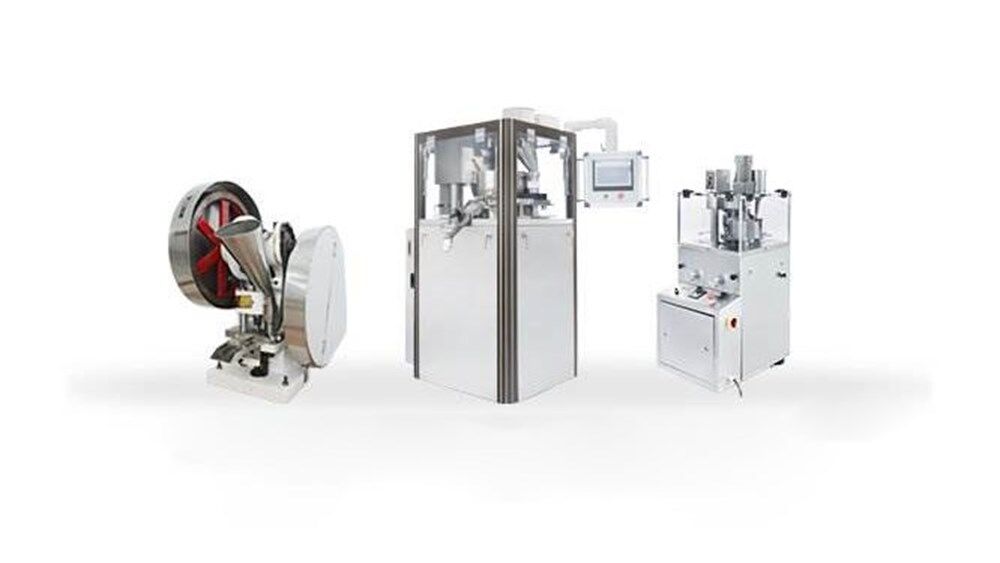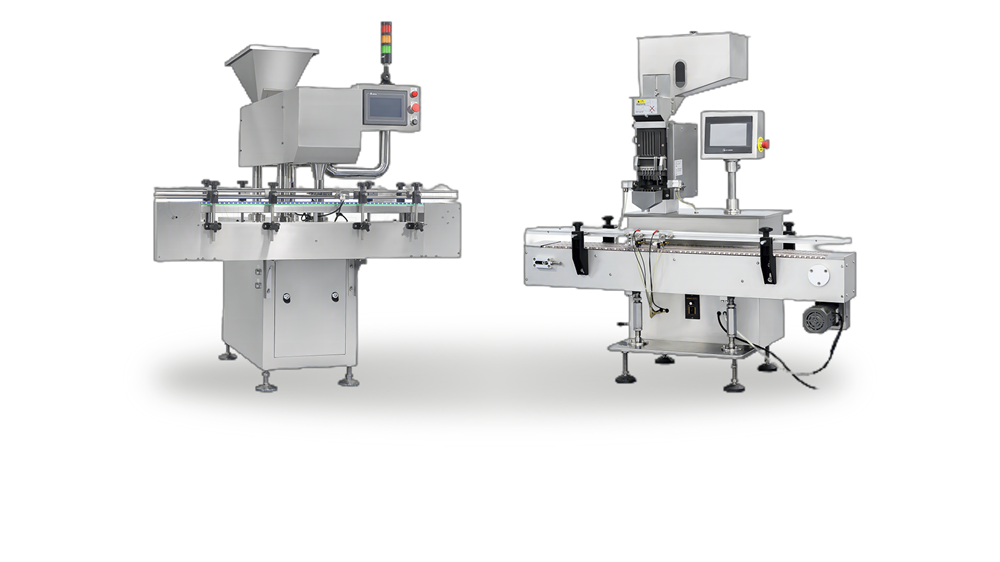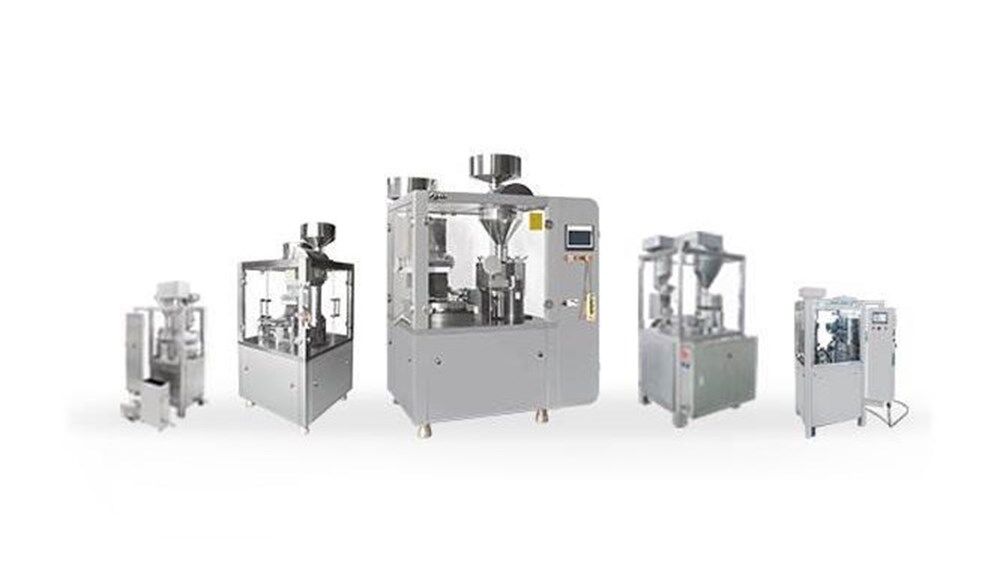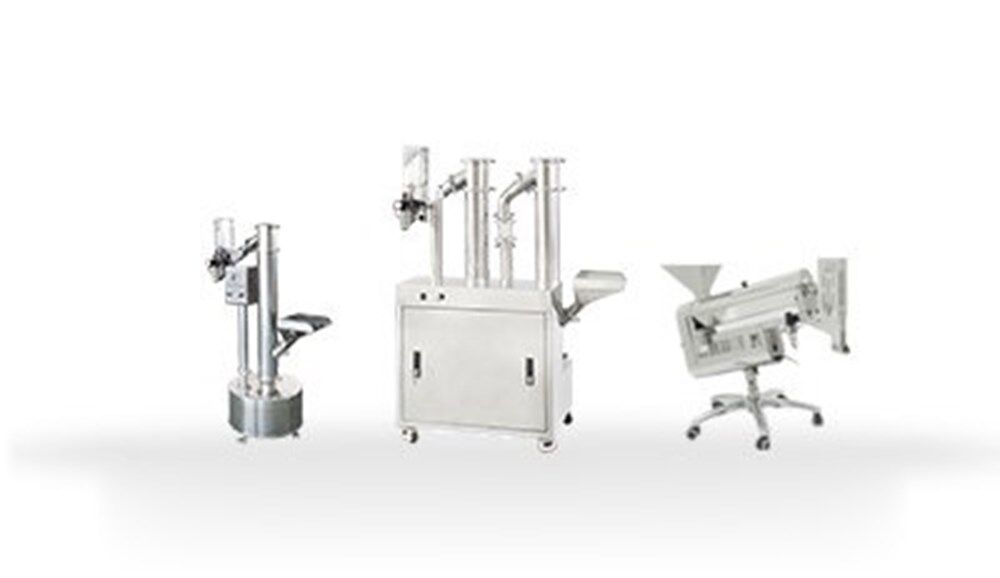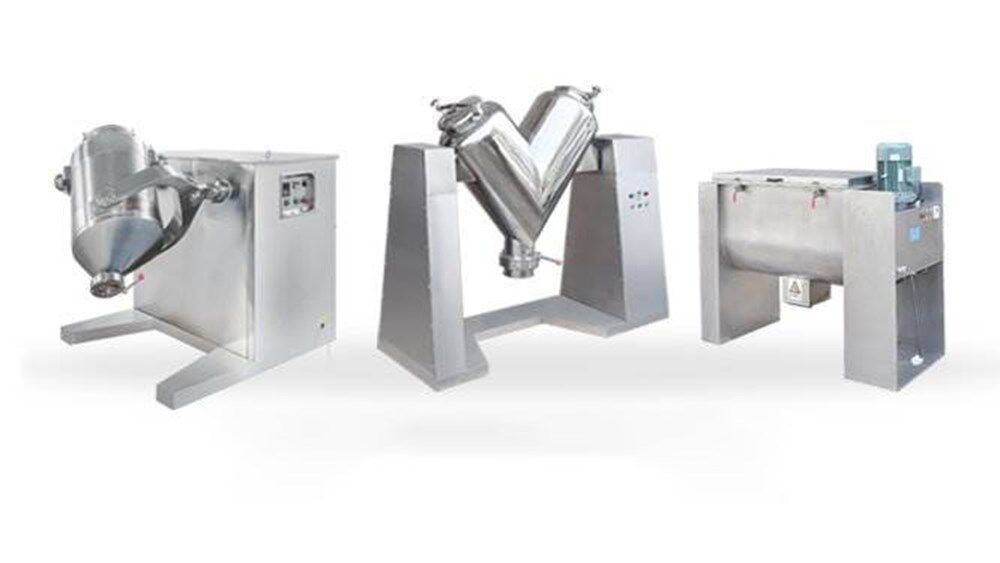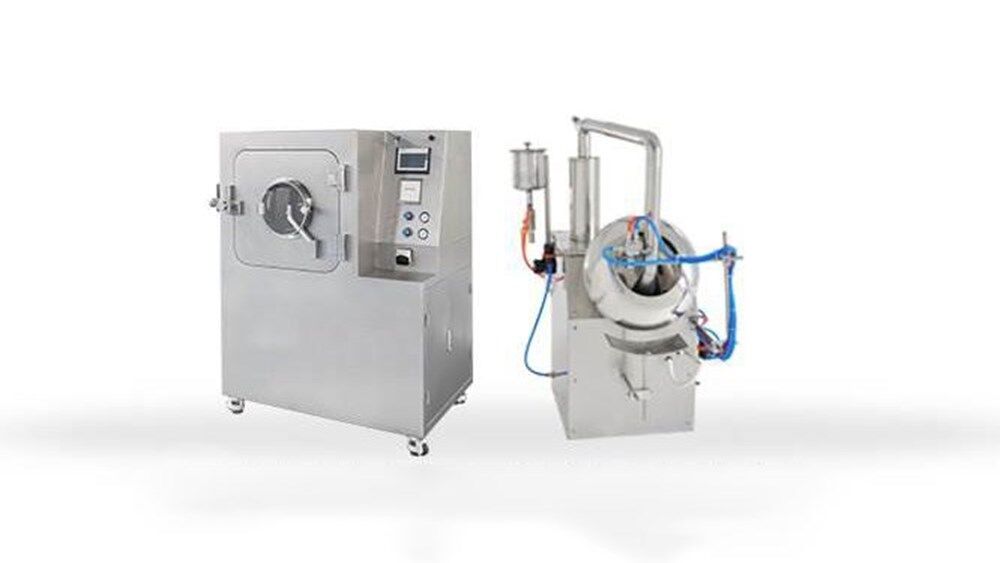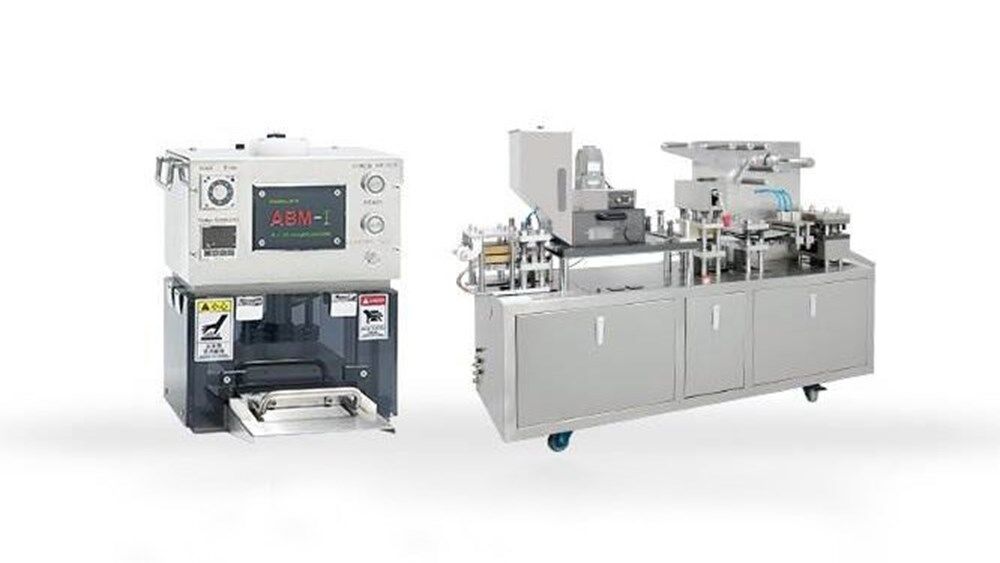How Much Does A Liquid Filling Machine Cost?
Liquid filling machines are pretty versatile tools to have around. Whether you're filling bottles with medicine, drinks, or personal care products, these machines speed up the process and make sure every container has just the right amount of liquid—no more, no less. Plus, though they come in the name of "liquid filling machines," they can actually handle liquids with viscosity ranging from low to high.
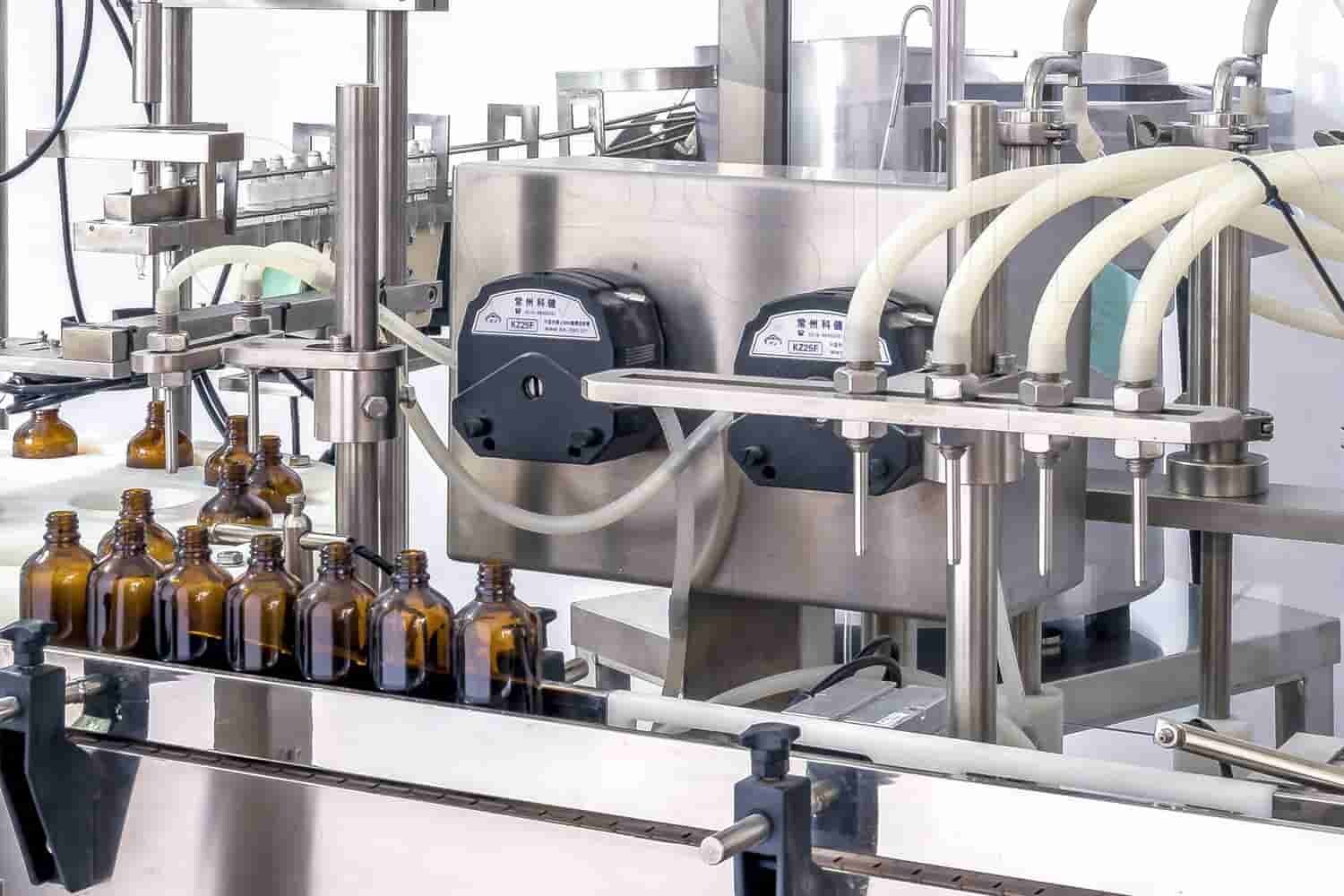
If you're in the market for a liquid filling machine, aside from those features above, what else you care about most must be the price tag. The liquid filling machine cost can vary significantly based on features, capacity, and the specific needs of your production. In this blog post, we'll explore the factors that influence the cost of liquid filling machines, helping you make an informed buying decision.
Types of Liquid Filling Machines
Before buying a machine, having a rough idea of their types is essential. Liquid filling machines are sorted into different types based on how automated they are or the filling technology they use.
Let's take a look at the automation levels first:
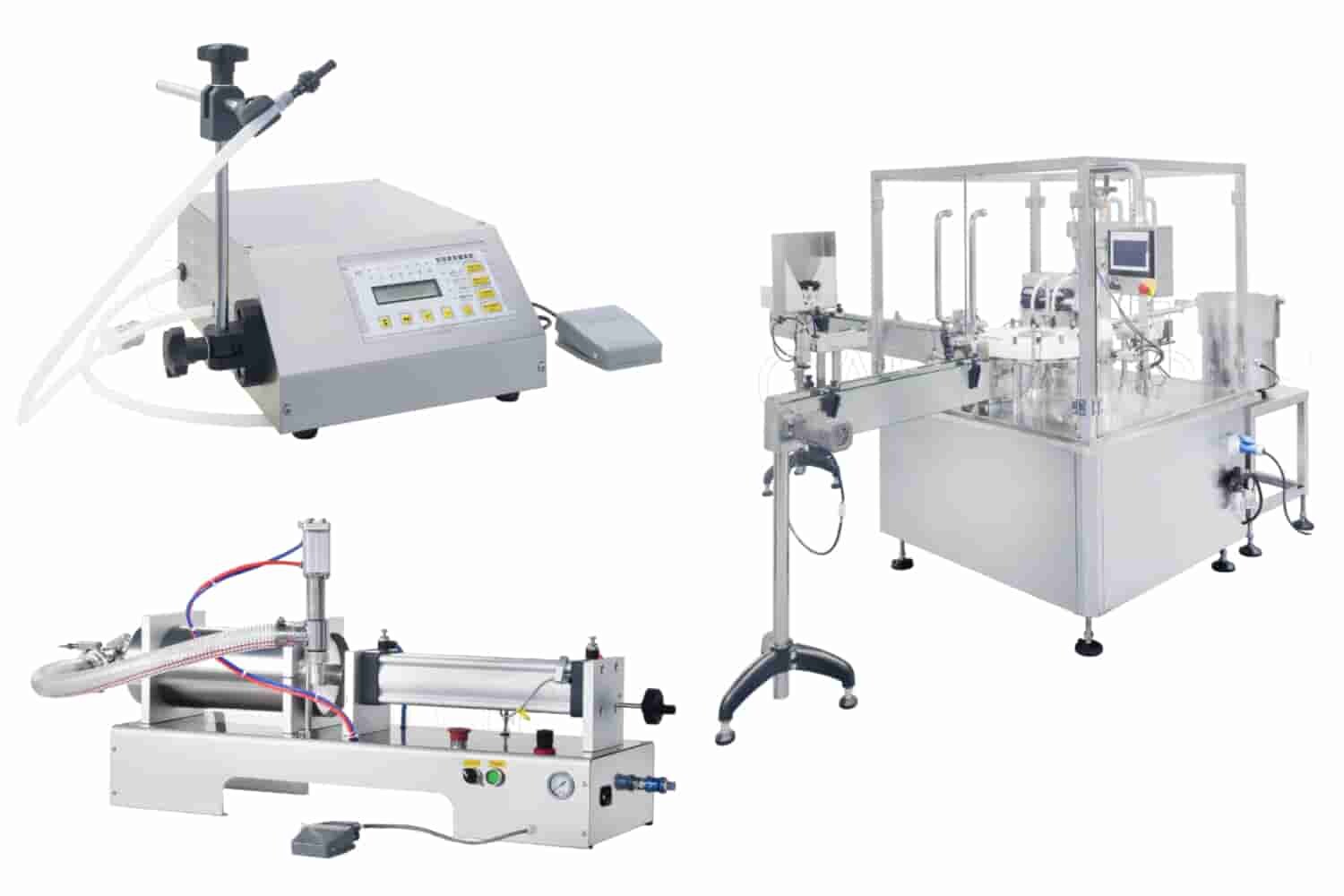
1. Manual Liquid Filling Machines: These are the most basic kinds. They require an operator to do pretty much everything. Fortunately, manual machines are straightforward to use—just set the volume, pull a lever, and you're filling. They're perfect for startups or small operations on a tight budget.
2. Semi-Automatic Liquid Filling Machines: These use features that automate part of the process. You still need to be involved in the operation, but it's less hands-on than manual machines. They're great for businesses that need better accuracy and handle moderate amounts of liquid.
3. Fully Automatic Liquid Filling Machines: These are much more advanced models. You only need to push certain buttons and oversee the process. These machines can handle high-volume, high-speed operations. In today's market, automatic liquid filling machines typically come in two styles: inline and monobloc filling systems.
Now, based on the technology used for filling, we've got:
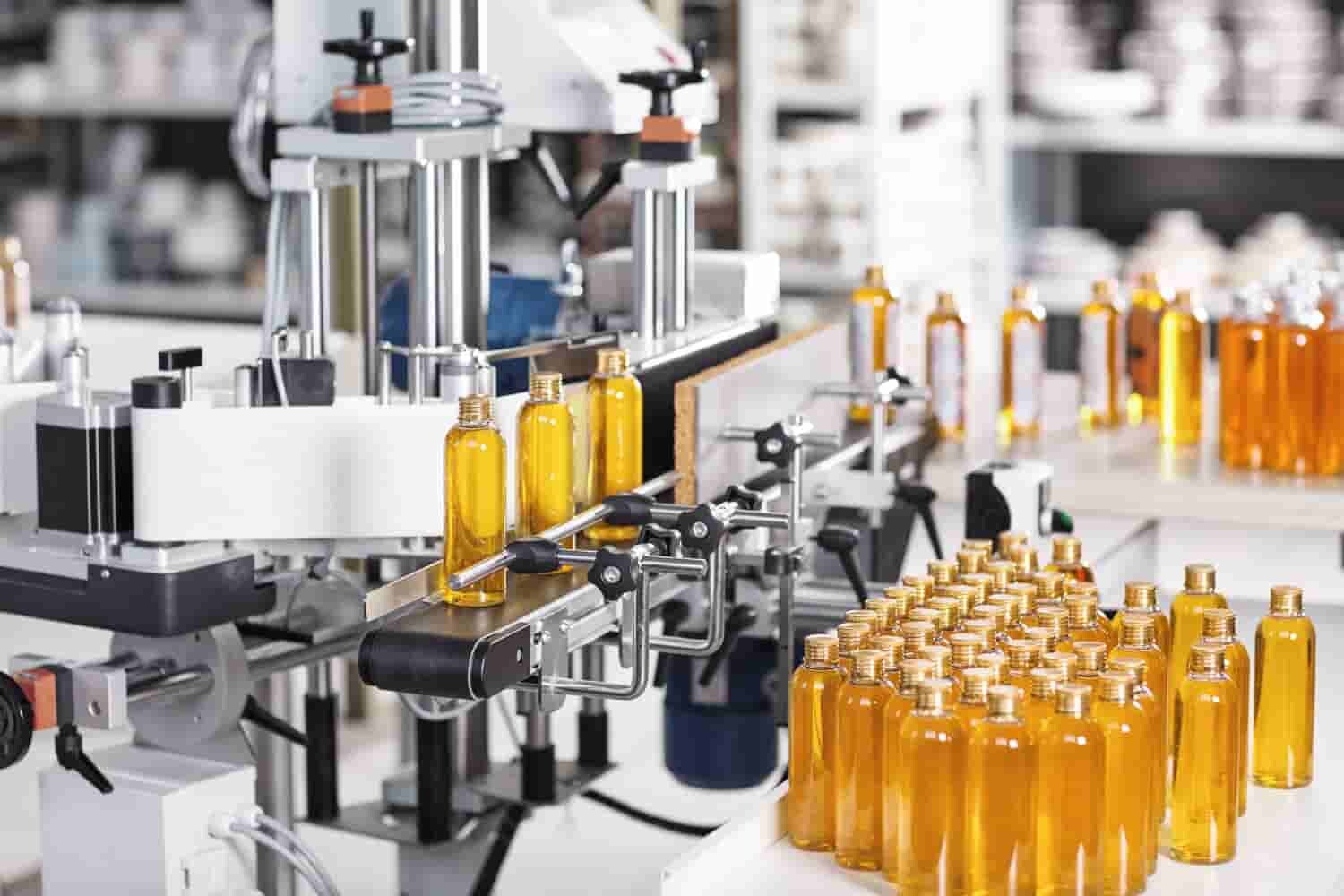
1. Gravity Fillers: These use gravity to move the liquid into containers. They're pretty simple and effective for consistent volume filling.
2. Pump Fillers: These machines use a peristaltic pump or rotary pump to transfer liquids into containers. They're versatile and can accommodate a variety of liquid viscosities, from thin to thick.
3. Piston Fillers: These liquid filling machines fill by drawing liquid into a cylinder and then pushing it out with a piston. The stroke length of the piston closely relates to the filling volume.
4. Overflow Fillers: These machines fill by submerging the nozzles into the containers. Once a predetermined level is achieved, the nozzles retreat. These fillers ensure consistent fill levels and avoid spills.
5. Vacuum Fillers: These work by creating a vacuum to pull liquids into containers. They're often used for thicker, more viscous liquids.
6. Net Weight Fillers: These machines focus on filling by weight rather than volume. They use scales to ensure each container hits the right weight.
Factors that Influence the Liquid Filling Machine Cost
With so many types to choose from, undoubtedly, the liquid filling machine cost varies significantly. So, what are the factors affecting their prices? Let's break them down for you:
Type of Machine
First off, it's definitely the type. Different types of machines come with various features. This can influence their prices. Take the level of automation as an example. Manual machines are the most budget-friendly. However, if you want to minimize human intervention, only a semi-automatic or fully automatic model can handle the task. That means you'll be looking at a higher cost.
Filling Technology
The technology here refers to the systems used by machines to fill liquids. The costs of these systems can vary. Basic gravity fillers tend to be less expensive compared to those using pistons or pumps. Plus, filling technology includes processes. The more sophisticated the process is, the higher the investment you need to make.
Production Capacity
This is also an important factor. Machines that can handle higher-volume production are undoubtedly more expensive. They usually feature a more complex design, advanced technology, and a higher level of automation. All these would lift the liquid filling machine cost.
Materials and Build Quality
High-quality materials like stainless steel are expensive. Also, these durable materials require more advanced processing technology. These factors raise the final price of the machine.
Customization
A customized machine includes specific features to meet unique production needs. That is to say, the liquid filling machine manufacturers need to spend additional time and expertise. This would lead to higher labor costs. For instance, they need to spend extra time on testing, validation, support, and maintenance due to the customized solutions.
Brand and Supplier
When unsure where to start, many beginners will go for those world-renowned brands. Of course, it's a good choice. Opting for established brands with strong reputations can alleviate your concerns about the machine quality and customer service. However, these brands generally tend to have higher prices also because of these strengths. If you're on a tight budget, there are also brands offering affordable yet quality solutions. Additionally, the supplier's location might impact the liquid filling machine cost related to shipping and installation. The key is to do your homework before making any move.
Liquid Filling Machine Cost Breakdown
When thinking about the liquid filling machine cost, it's important to look at all the different components that add up to the total investment. By knowing these elements, you can make smarter choices and better manage your budget.
|
Components |
Details |
|
Machine Type and Capacity |
- Manual: Suitable for startups and small-scale operations. |
|
Construction Materials |
- Stainless Steel: Corrosion-resistant and robust. |
|
Filling Principle |
- Gravity Filler: For thin liquids. |
|
Automation and Control |
- PLC Systems: Enhance control and efficiency. |
|
Customization |
- Nozzles, Hose, and Other Attachments: For specific containers or products. |
|
Brand and Manufacturer |
- Premium Brands: Known for reliability and service. |
|
Shipping and Installation |
- Shipping: Costly for heavy machines. |
|
Warranty and Support |
- Extended warranties and support options can charge more. |
|
Regulatory Compliance |
- Machines meeting standards like FDA and USDA are more expensive. |
Liquid Filling Machine Cost Comparison: Manual vs. Semi-automatic vs. Fully Automatic
At iPharMachine, we provide a range of liquid filling solutions, from manual to automatic. These examples are all the iconic products offered by iPharMachine.
GFK-160 Numerical Control Liquid Filling Machine
The GFK-160 uses a microcomputer to precisely control a micro pump, ensuring consistent liquid filling with minimal errors. It's ideal for low-viscosity, particle-free liquids. The pump is made from imported, corrosion-resistant materials, with no mechanical metal parts inside, preventing wear and tear. The pump combines the benefits of self-priming and chemical pumps, offering smooth operation for long periods.
To see how the GFK-160 operates and its ease of use, check out the demo video linked below.
C1WY Single-Head Liquid Filling Machine
The C1WY is a semi-automatic piston filler. It uses a cylinder to drive a piston that draws in and dispenses materials. The machine offers high filling accuracy and easy operation and cleaning. All parts that come into contact with materials are made from 304 stainless steel (with an option for 316L), meeting GMP standards. The sealing components are made from PTFE and silicone, providing corrosion resistance, durability, heat resistance, and excellent sealing.
Watch the demo video below to explore the C1WY's features and capabilities in action.
SGGS-1 Automatic Dropper Bottle Filling and Capping Machine
The SGGS-1 is a peristaltic pump filling machine that fills dropper bottles with small doses of liquids. It also features bottle feeding, vibration-assisted cap placement, and screw-on capping. The SGGS-1 has a compact and efficient design. It comes with a protective enclosure made of 304 stainless steel and transparent PV panels. The machine is easy to integrate with other equipment in a production line.
For a comprehensive look at the SGGS-1's automated filling process, don't miss out on the demo video linked below.
Here, we compare the prices of these models. They illustrate the potential price range across different machine types in the market.
|
Model |
GFK-160 |
C1WY |
SGGS-1 |
|
Price (USD Dollars) |
$99.00 |
$600.00 |
$27,250.00 |
|
Filling Speed (Bottles/Min) |
10-15 |
10-20 |
25-30 |
|
Filling Tolerance |
±0.5%-±1% |
±0.5%-±1% |
±1% |
|
Material Compatibility |
Liquids |
Liquids |
Liquids and Pastes |
|
Power Requirement |
180V-260V |
220V±5V 110V±5V |
220V |
|
Ease of Operation |
Easy |
Easy |
Very Easy |
|
Warranty Period |
1 Year |
3 Years |
3 Years |
|
After-Sales Support |
Available |
Available |
Available |
|
Automation Level |
Manual |
Semi-automatic |
Fully Automatic |
|
Availability (Lead Time) |
15 Days |
15 Days |
20 Days |
If you would like more information about the liquid filling machine cost, please don't hesitate to reach out to us today!
Leave your comment
Also Offers
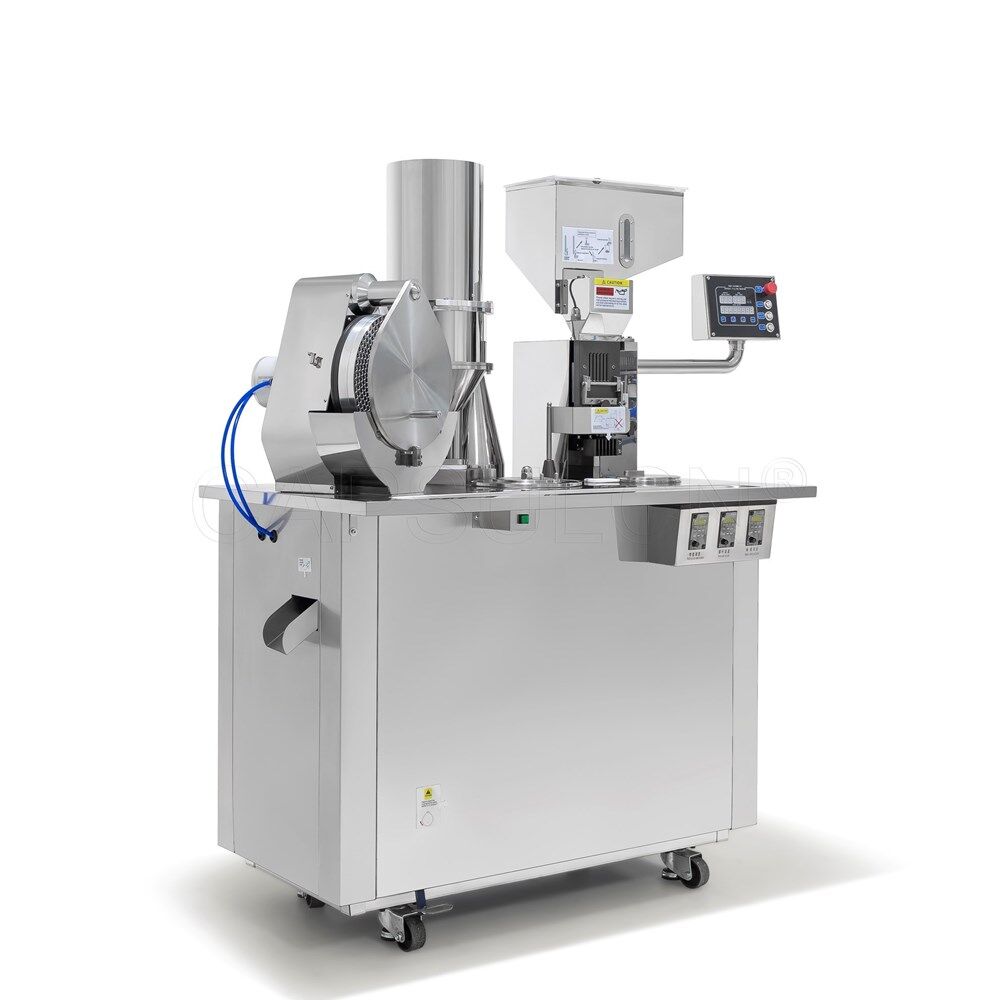
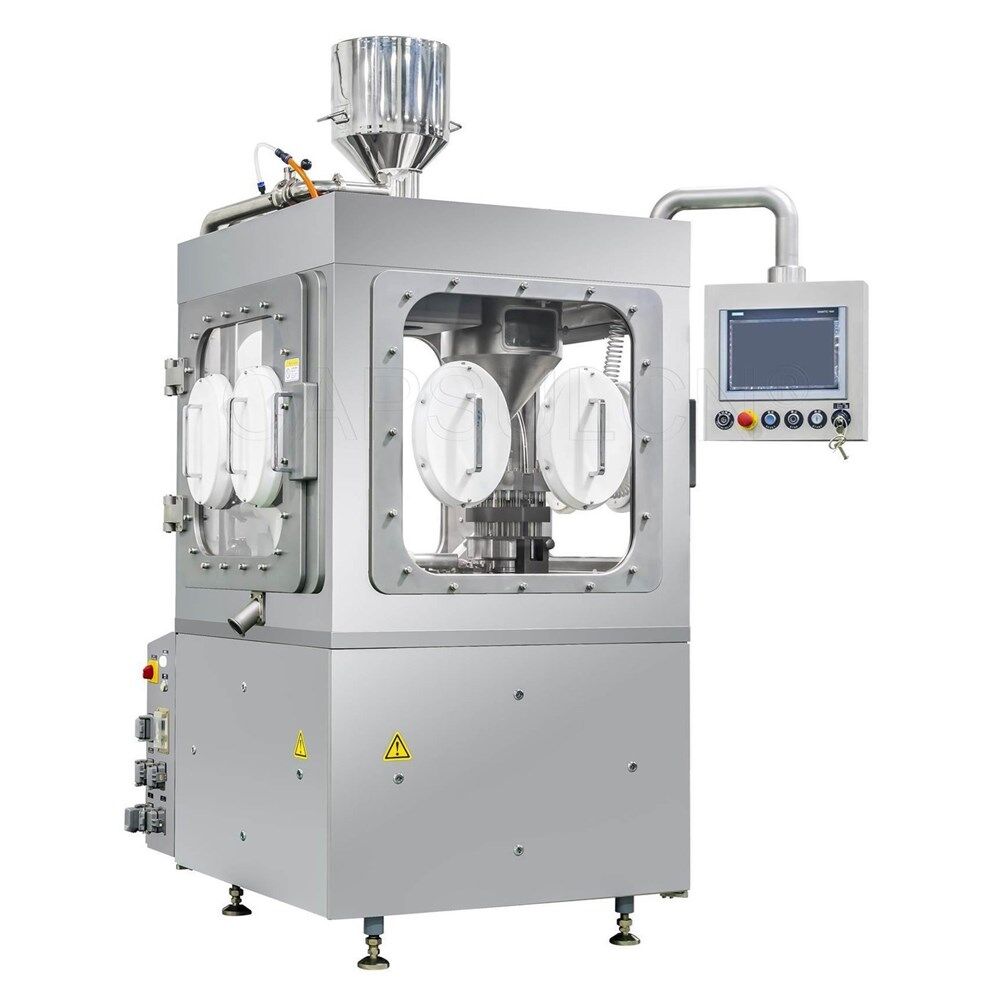
Containment Automatic Capsule Filling Machine SFK-703
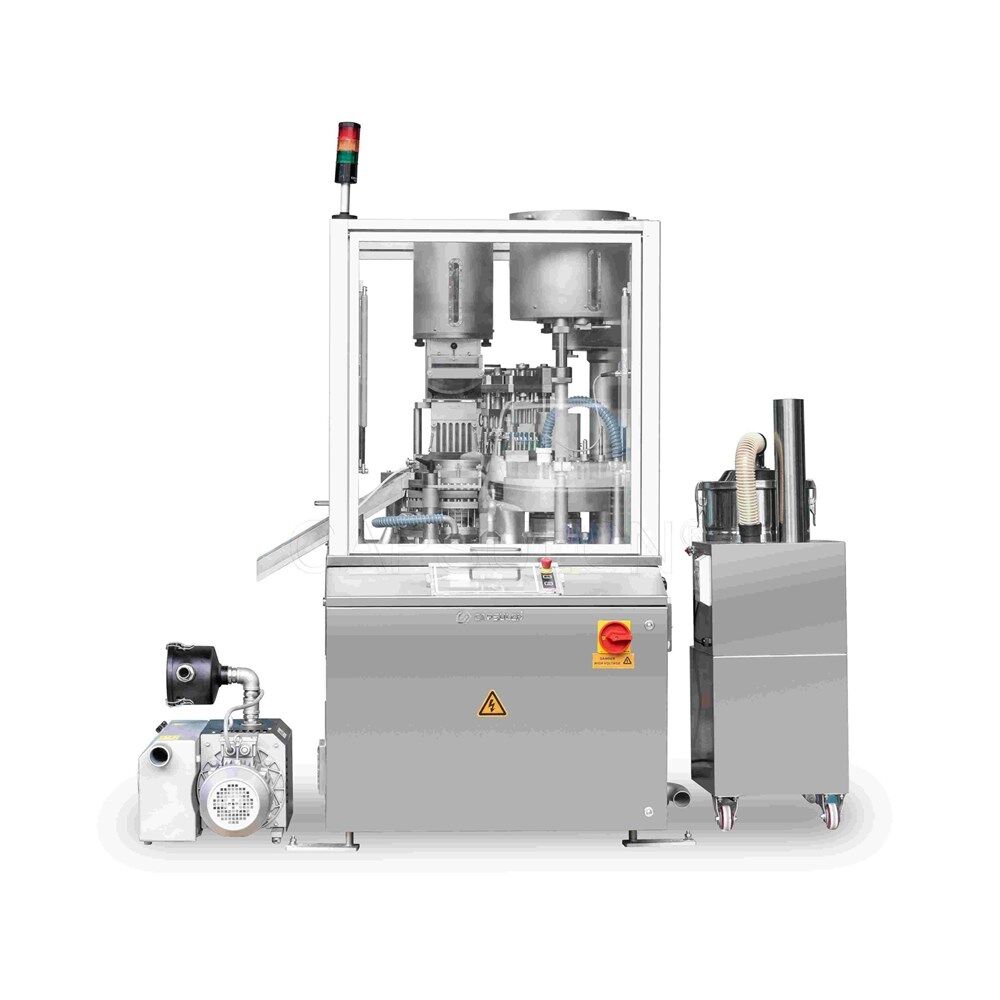
Fully Automatic Dosator Capsule Filling Machine CZ-40

Our Team
As an expert in the pharmaceutical and pharmaceutical packaging industry, iPharMachine has provided solutions for hundreds of pharmaceutical and health product manufacturers for 17 years. By visiting customers, we get good reviews from our customers.
- info@ipharmachine.com
- English Español Deutsche
